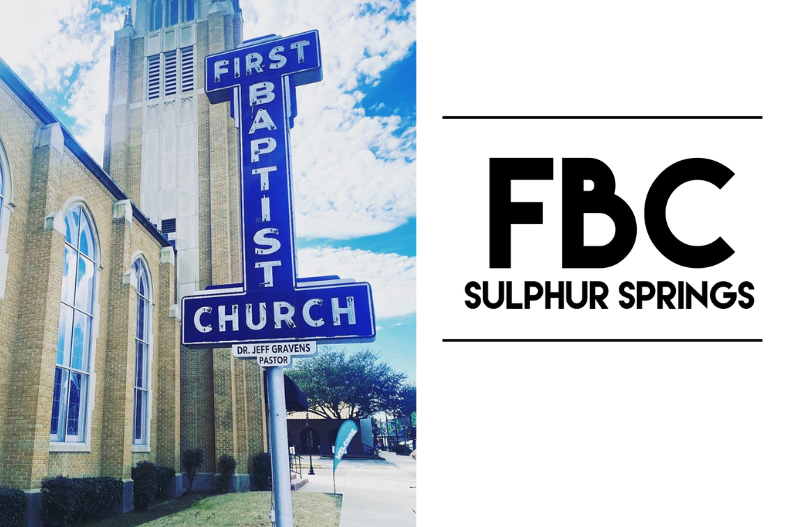Article Review
“Statistical Love” by Philip Yancey
Are we using our limited time, money, and other resources in the best possible way when it comes to compassion and charity?
Philip Yancey’s article (written in response to a speech he listened to by Peter Singer) proposes that in the church today, there is somehow a wastefulness or inefficiency in our efforts to do good. He puts forth the idea that money spent to help one person could have been used to help hundreds in a different way. How do we justify such choices?
By Yancey’s own admission, things change when it becomes personal. He uses the example of caring for his own mother when she began suffering from dementia when he himself had advocated for considering euthanasia in such cases. He says, “It’s different when its your own mother.” This is a very true statement and can easily be applied to many of life’s challenging situations. It is easy to hold a cold, hard, analytical position that expects efficiency and economy, but that can all go out the window when it becomes personal.
There are a few additional considerations worth making. First, we do a disservice when we reduce people to numbers. We must see them as individuals, not statistics. It is a slippery slope toward dehumanizing people when we reduce them to numbers and statistics. While not many would admit to consciously choosing to reduce people to statistics, we recognize that there are certain pressures we face when it comes to balancing needs, resources, and opportunities. More people benefitted or served looks better on a report. The larger the programs we run, the better it sounds. What this does not get down to is the depth of impact in a person’s life. A large seminar with hundreds attending sounds nice. But is that better than a small group meeting that deeply impacts and transforms lives? Is one life deeply transformed less significant than dozens marginally improved? How can you discern the difference? Not everything is about the numbers.
Second, the idea of fairness comes to mind. Is it “fair” that we spend some amount that benefits one person when that same amount could benefit more people if used in a different way? We have all heard the saying “life is not fair.” How does this affect our charity and compassion or our ministry efforts at our churches? The idea that finding a way to equally distribute resources such as time, attention, money, etc. is misguided. It is again depersonalizing and disconnected from the reality of the uniqueness of people, situations, and circumstances. Fairness is a very subjective yardstick.
Third, this then leads us to the questions around how we measure the impact of our efforts. We think about Return on Investment. We often use “e” words like efficiency, economical, and effective as ways to measure how we have done. Those words are not inherently bad. In fact they bring real value in some ways. Perhaps there is a different “e” word we should also be thinking about: extravagance. Jesus himself modeled this and taught about it. Think about the feeding of the crowds, for example – there was always food left over. He didn’t provide just enough. He provided more than enough. The parables he taught also had this theme – the shepherd going after the one lost sheep, leaving the 99 as an example.
Yancey’s own examples from the work of Dr. Paul Brand are also examples of this kind of extravagance. It would be easy for some to argue the inefficiency of such efforts – massive amounts of time, money, and effort expended for relatively few people to benefit. But how deeply and personally were those people’s lives transformed through those efforts? Can you adequately compare that to other kinds of ministry? What would it look like if we integrated extravagance into our evaluation toolbox? Remember, a good toolbox has many tools, not just one. This is not to suggest extravagance as the only tool, but rather one among many we have to choose from. If nothing else, extravagance may serve as a counter-balance to the pitfall of the impersonal statistical approach.
We have to make some choices. We can’t do it all. We can’t help everyone who needs help. We can’t run every program available. How do we decide if something is worth doing or not? Choices we make are heavily influenced by our values, so taking time to understand our values is important. Are we clear on what our values are? Are we aware of how those drive the choices we make? Are there any adjustments we need to make to bring ourselves and our efforts in line with God’s heart for those we serve?




